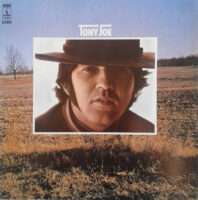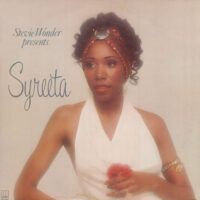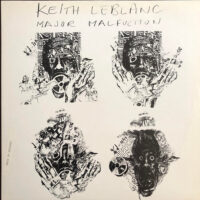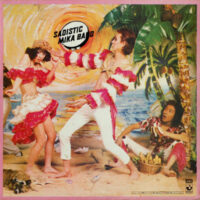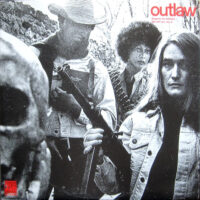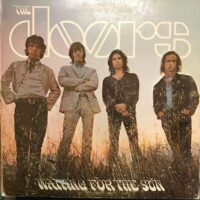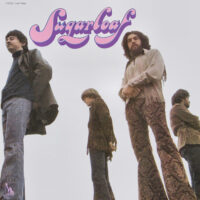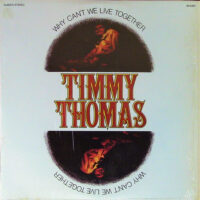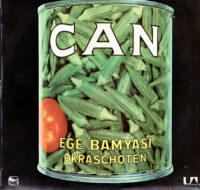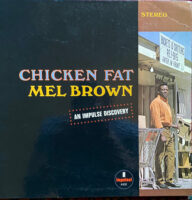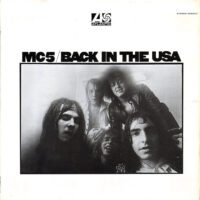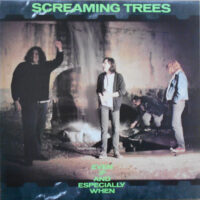
The peak album from Ellensburg, Washington’s finest, Even If And Especially When stands as one of the greatest psych-rock releases of the 1980s. And it holds up today; hell, I just played “Don’t Look Down” in a DJ gig a few days ago night, and it sounded great seguing out of Jimi Hendrix Experience’s “Little Miss Strange.” (Its 1988 follow-up, Invisible Lantern, was almost as sublime. The Trees were on fire in the ’80s.)
Produced by the great Steve Fisk and Screaming Trees, Even If abounds with indelible melodies played with nuanced attention to the details of 1960s psychedelic rock. True, there’s a sense of wheel reinvention here, but it’s done so exquisitely that it matters not. Early on in the Trees’ career, Mark Lanegan (who died in 2022 at age 57) mastered the melismatic singing style that signifies mental transport to other realms. And so many of his lyrics dealt with the perception of traveling to destinations unknown and/or unexpected, e.g., “Yeah, I’ve gone so many places/That I don’t know where I’m at” from “Cold Rain.” Confusion is sex, to quote Sonic Youth, another SST band.
Even If opens with “Transfiguration,” a boisterous mission statement of ’60s psychedelia that’s devoid of kitsch and replete with liberating fervor. The Trees are telling you straightaway to strap in, because we’re blasting off at full speed with no guard rails… and lids will be flipped. “Straight Out To Any Place” continues the torrid pace established on the previous song. Lanegan convincingly sells the opening verses: “I’m burning baby, catch on fire with me/There’s some ghosts in my head/And they’re chasing me through my dreams.” On “World Painted,” the Trees perfected that swirling-miasma-of-wonder mode, before “Don’t Look Down” puts pedal to the metal in a gush of drug-trip-recounting exhilaration (“I get the strangest feeling/Jump up, become the ceiling”).
If you want to hear magical reenactments of the grooviest ’60s psychsploitation cuts imaginable, check out “Girl Behind The Mask” and “You Know Where It’s At.” The midtempo psych saunter of “Cold Rain” boasts an incredible swagger, with Mark Pickerel’s beats possessing an oddly danceable hitch in their stride, while brothers Gary Lee and Van Conner slay on guitar and bass, respectively. It’s been my favorite song on Even If since the album came out 37 years ago. “In The Forest”—which recalls the most exciting aspects of groups such as the Litter and Count Five—is a fantastic climax to a record that revitalizes the hell out of psychedelia’s familiar tropes. This addictive album can withstand repeat listens, with no ill side effects.
Although I haven’t seen it myself, a vinyl reissue of Even If reportedly has surfaced this month from the notoriously frustrating SST label, whose owner, Greg Ginn, typically has been lax to keep its most desirable titles in print. So, affordable copies may be circulating. Good luck. -Buckley Mayfield
Located in Seattle’s Fremont neighborhood, Jive Time is always looking to buy your unwanted records (provided they are in good condition) or offer credit for trade. We also buy record collections.


